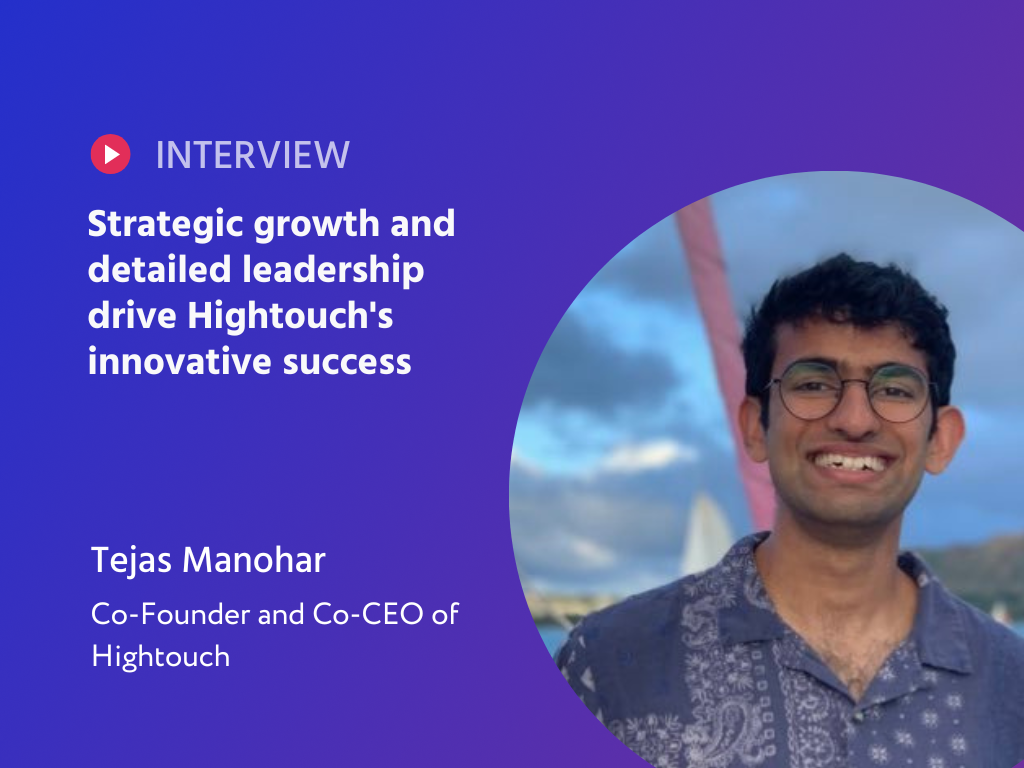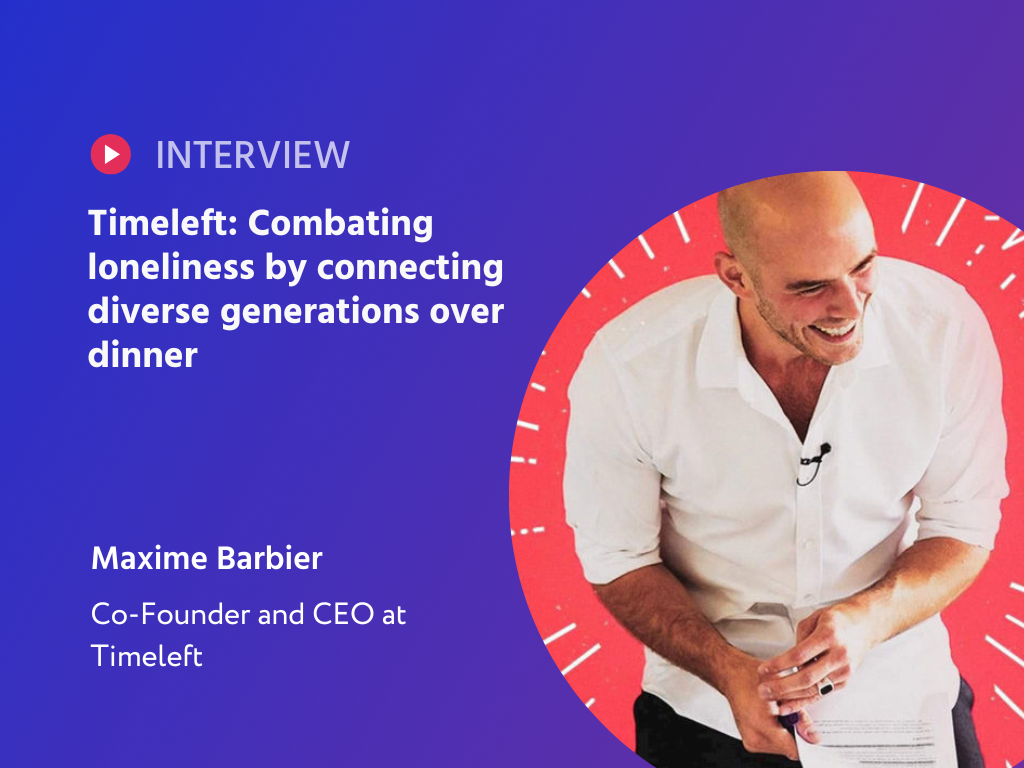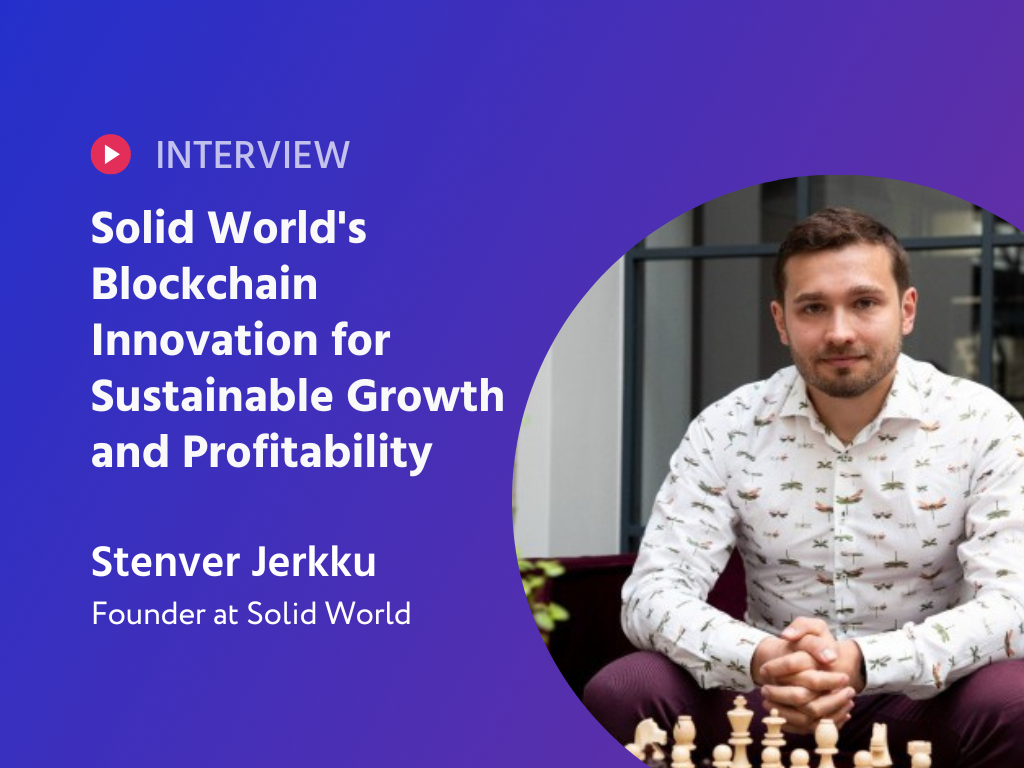At Temy, we’re always on the lookout for trailblazers who are reshaping the software and startup landscape—and Bobby Pinero is no exception. As Co-Founder and Chairman of Equals, Bobby brings a unique perspective shaped by over 15 years in finance and analytics. In this episode of Bright Founders Talk, we dive into Bobby’s journey from IBM to Intercom, and ultimately, to launching a game-changing BI tool.
Inspired early on by his entrepreneurial mother and a pivotal Stanford class, Bobby's path to founding Equals was anything but accidental. His mission was clear: build a better, spreadsheet-first business intelligence tool for startups tired of clunky dashboards and disconnected data. Equals now helps companies easily access key metrics by transforming and connecting directly to tools like Salesforce, HubSpot, and Stripe.
In our conversation, Bobby shares insights on startup grit, the power of serendipitous networking, and the importance of doing your best work—always. Whether you're an aspiring founder or a data enthusiast, this interview is packed with inspiration and practical wisdom.
From Mom’s Office to Silicon Valley: Bobby’s Journey to Founding Equals
Bobby didn’t just stumble into entrepreneurship—he was practically raised in it. Picture this: a middle schooler flipping through accounting journals at his mom’s firm on weekends, not for fun, but for a bit of pocket money. “My mom was an entrepreneur,” he says, and that simple fact quietly planted the seed. While his classmates were probably playing video games, Bobby was already soaking in what it meant to run a business. That early exposure didn’t just teach him about numbers; it gave him a first glimpse into ownership, responsibility, and doing your own thing.
Fast forward to Stanford University, and Bobby’s entrepreneurial instincts got a serious jolt. It was an engineering entrepreneurship class—run by none other than Steve Blank—that flipped a switch. The assignment? Find a real problem, build a real solution, and pitch it to real investors. No fluff. No theory. Just hands-on, sink-or-swim startup experience. “At the end of it, I was like, this is what I want to do,” Bobby recalls. And just like that, his career compass locked onto a singular direction: build something that matters.
At the end of it, I was like, this is what I want to do
But the road wasn’t linear. Ironically, Bobby’s startup path started in the corporate maze of IBM—yes, that IBM, with 11,000 people in the finance department alone. Yet, it was there he met Andy Artz, a fellow analyst who would later open the doors to Intercom and, eventually, the startup life Bobby had always aimed for. He didn’t chase flashy titles or connections; instead, he poured everything into each role, trusting that the right people would notice. “I just did my absolute best work and trusted that people would bet on me.” Spoiler: they did.
No Boss, No Rules, Just Guts: How Bobby Learned to Own Every Decision
Before Equals was even an idea, Bobby was knee-deep in spreadsheets at IBM—clocking in, clocking out, producing the same weekly reports someone had probably been generating since dial-up internet. “It was so boring, so mind-numbing,” he laughs. But that experience was a blessing in disguise. It showed him exactly how he didn’t want to work. That rigid, repetitive corporate culture sparked something inside him—a craving for challenge, creativity, and ownership. So, when he moved on to a 150-person startup, things started to shift. There was structure, sure, but also room to think independently, experiment, and actually contribute in a meaningful way.
Then came Intercom. A 20-person rocket ship with no rules, no red tape, and no safety nets. For Bobby, it was a total mindset reset. Suddenly, it wasn’t about doing what someone told him—it was about figuring things out from scratch and setting the standard for the future. “The way that I do it is the way that this company is going to ultimately decide to do it,” he realized. That level of autonomy—and pressure—wasn’t just energizing, it was addicting. It was the first taste of true ownership, and it changed how he saw work forever.
The way that I do it is the way that this company is going to ultimately decide to do it
Equals became the natural next step, not because it was easy, but because Bobby couldn’t imagine going back. As the founding CEO for four years, he woke up every day knowing that if he didn’t decide where the company was heading, no one would. There were no scripts, no fallback plans—just Bobby standing in front of a thousand metaphorical doors, forced to choose one. “If you like being told what to do, do not start your own company,” he warns. But for him? There’s no going back. Once you’ve built something your way, following someone else’s playbook just doesn’t cut it.
Why Reinvent the Wheel? Bobby Just Wired It to a Supercharger
Bobby didn’t want to kill the spreadsheet—he just wanted to make it smarter. The idea behind Equals was never about forcing people to abandon their beloved Google Sheets or Excel. It was about asking a simple but game-changing question: what if your spreadsheet actually knew where your data came from? At Intercom, Bobby constantly ran into this nightmare scenario—getting handed a Google Sheet model built on data pulled from who-knows-where. “If I don’t trust how you pulled the data, I don’t care about the rest of the analysis,” he says. That trust gap was the real problem, and Equals set out to close it.
If I don’t trust how you pulled the data, I don’t care about the rest of the analysis
Equals began by solving what Bobby calls the “data disconnect”—that awkward space between your raw data (living in tools like Salesforce or Snowflake) and the spreadsheet where your insights are built. With traditional spreadsheets, those worlds never talk. With Equals, they’re integrated from the ground up. That means your SQL query, your source, and your formulas all live in one place—transparent, traceable, and reproducible. No more hunting down a mysterious CSV file or guessing how a model was created. It’s the spreadsheet you know, just way more powerful under the hood.
Convincing users to try Equals wasn’t about revolution—it was about familiarity. Bobby knew people didn’t want to relearn everything. They just wanted their trusty SUMIFs, VLOOKUPs, and pivot tables to work. “The product spec is Excel,” he told his engineers. That laser focus helped the Equals team build something fast, intuitive, and surprisingly disruptive—without changing what people loved about spreadsheets in the first place. They didn’t invent a new wheel—they just made it spin a whole lot faster.
The Secret Sauce Behind Equals: Clean Data, Power Tools, and Staying Intrinsically Fueled
Let’s be honest—most companies think their data is in great shape… until they actually try to use it. That’s one of the biggest challenges Bobby faced when launching Equals. Founders and teams would sign up, excited about plugging their favorite spreadsheet formulas into live data sources like Stripe or Snowflake—only to realize their data was a mess. “A lot of early-stage tech companies just have really bad data in all sorts of funky places,” Bobby admits. That’s why Equals doesn’t just offer software; it acts as a guide. From cleaning up Stripe instances to providing ready-to-use templates, Equals makes sure users don’t feel like they’ve been dropped into a jungle with nothing but a blank sheet and a compass.
A lot of early-stage tech companies just have really bad data in all sorts of funky places
But Equals wasn’t built to be a one-size-fits-all tool. Bobby and his team intentionally focused on the analyst—the power user who lives in spreadsheets day in, day out. “We’ve built Equals as a power tool,” he says. These are the folks doing the heavy lifting: building models, analyzing trends, generating insights. And here’s the trick—if you hook them, the rest of the company usually follows. Just like Figma captured designers before spreading like wildfire, Equals bets on its core users to evangelize it from the inside out. And with 25% of users active daily, that bet seems to be paying off.
Looking ahead, Bobby’s eyes are on how AI fits into this puzzle—but not in the flashy, auto-generated-charts kind of way. He believes the future lies in auditable AI-powered analysis, where machines and humans tag-team to get results you can actually trust. But beneath all the tech talk, Bobby leaves us with something deeply human: “If you’re going to build something hard, make sure it’s something you’re intrinsically excited to solve.” Because in the exhausting, terrifying, absolutely thrilling world of startups, external validation will only take you so far. Passion, it turns out, is the best fuel you’ve got.




